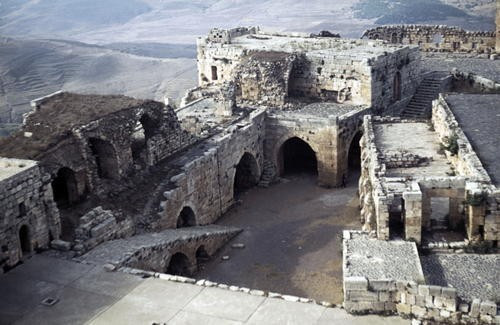Illicit Excavation in Syria Lethal to Ancient Heritage, Warns UN

The UN cultural agency, Unesco, has warned that illegal excavation at important archaeological sites in Syria is "extremely dangerous" and "lethal" to the country's heritage.
The war-torn Syria is witnessing illicit archaeological excavations across the country, including the ancient Sumerian city of Mari and the ancient cities of Ebla, Palmyra and Apamea.
"All of them have been subject to this phenomena, some of them to an extent that is unimaginable," he said. "Apamea — it's completely destroyed," Unesco's assistant director-general for culture, Francesco Bandarin, said in a press conference, the Associated Press reported.
Bandarin said that many of the looted artefacts are being illegally trafficked to other countries' markets.
"Some objects have been retrieved in Beirut and other places (but) we certainly have intercepted a very, very small amount of what has been pillaged," he said.
Unesco has trained police and customs to spot the looted artefacts and plans to launch a programme to raise awareness about illegal trafficking of Syrian heritage items in international community.
Besides illegal excavations, Syrian heritage sites and museums have been exposed to looting following a breakdown in security due to the war.
To stop further looting, Bandarin said, the Syrian government's director of antiquities has moved artefacts of 34 major museums to safer places.
Syria's cultural heritage dates back to millennia. The country has some of the earliest known cities in human history.
According to experts, gunfire that destroys the original framework of the buildings has caused huge damage to the ancient sites.
In August, a souk (market place) in the ancient city of Aleppo was destroyed completely in the war.
The other sites in Syria that have incurred extreme damage are the six World Heritage sites , including Ancient Villages of Northern Syria, Bosra, Crac des Chevaliers, Palmyra, Damascus and Aleppo.
© Copyright IBTimes 2025. All rights reserved.






















